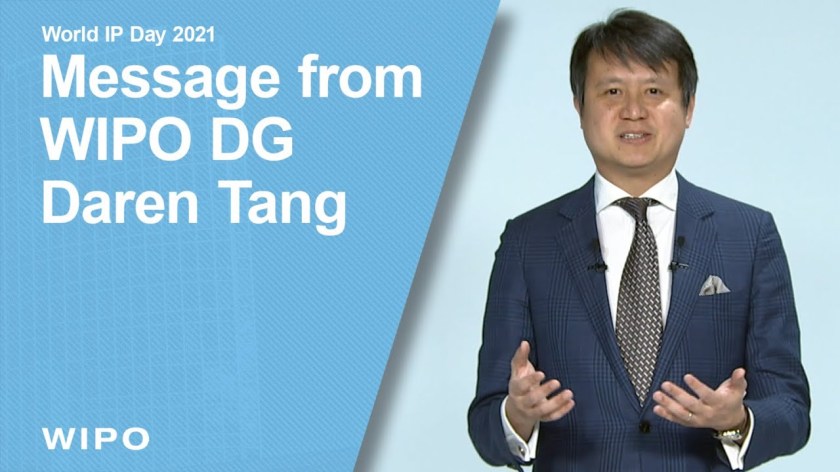In a recent interview with Daren Tang, Director General of the World Intellectual Property Organization (WIPO), ‘IPKat,’ the esteemed IP publication, alludes to the Center for Intellectual Property Understanding (CIPU) report about IP education (or the lack thereof) at business schools. Below is an excerpt from the interview.
IPKat—Permit me to share a long-time concern, namely, how little IP seems to have made an impact on the course of study at the top 10, 20, or 50 MBA programs. When it comes to innovation, do you view them as parallel or complementary to your work at WIPO?
Mr. Tang—I have learned that, from the ecosystem point of view, one cannot move things piecemeal. One major component is how a country is providing IP training. The WIPO Academy trained nearly 150,000 people last year globally, but at the end of the day, that still largely revolved around IP knowledge. To help SMEs, we need to go beyond transmitting IP knowledge to imparting IP skills.
That means that we need to go beyond law schools and enable one to pick up IP skills in, say, MBA programs, science and technology programs, and engineering curricula. The WIPO Academy is  trying to expand its program offerings by partnering with different universities around the world. With greater involvement by WIPO, these schools can become a source of growth for IP education and training.
trying to expand its program offerings by partnering with different universities around the world. With greater involvement by WIPO, these schools can become a source of growth for IP education and training.
Our goal is for IP to stop being treated as a mere afterthought in MBA and engineering programs, leaving IP to be “picked up” later while on the job. We do not look to these programs to turn out the next generation of IP professionals, but we do want them to confer on their students sufficient practical IP skills that can bring value to their work or business.
WIPO is seeking to go beyond providing training for the knowledge needed by IP professionals, to being of value to a broader population. For this broader population, the issue for them should not just be about dealing with the technical aspects of IP, but more broadly about how to manage innovation.
Corporate Attitudes Need to Change
Even at the level of the large corporation, company leaders view IP as something for the general counsel to take care of, being of little interest for the board of directors or the C-suite, unless IP is core to their business. This may change, since more and more company assets are tied up in intangible assets, including data and know-how. As this occurs, boards and corporate executives will need to see how IP is necessary for them to maximize their corporate objectives.
WIPO needs to raise corporate awareness, not just as a matter of financial accounting, but because IP should be a core part of their business journey. Maybe it will be just a matter of getting the first few companies on board, and then hopefully others will join the bandwagon.
The full IPKat interview with Director General Tang conducted by Neil Wilkof can be found here.
Go here for the Center for Intellectual Property Understanding (CIPU) report, ‘IP Education at Business Schools: An Evolving Landscape.’
Image source: wipo.org; https://ipkitten.blogspot.com/

